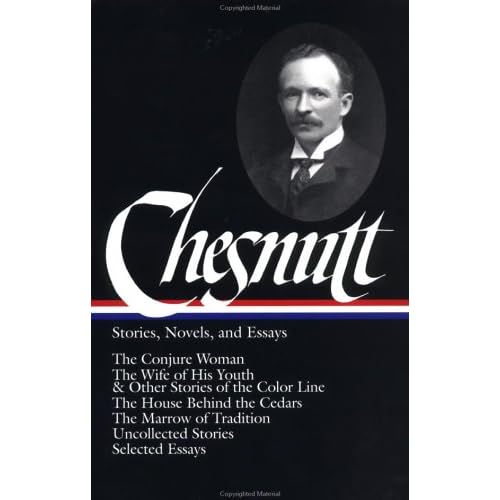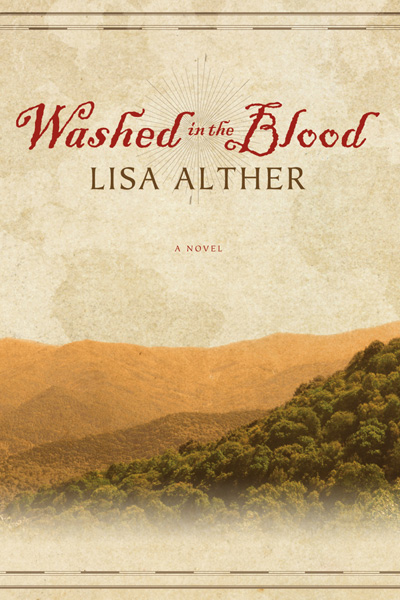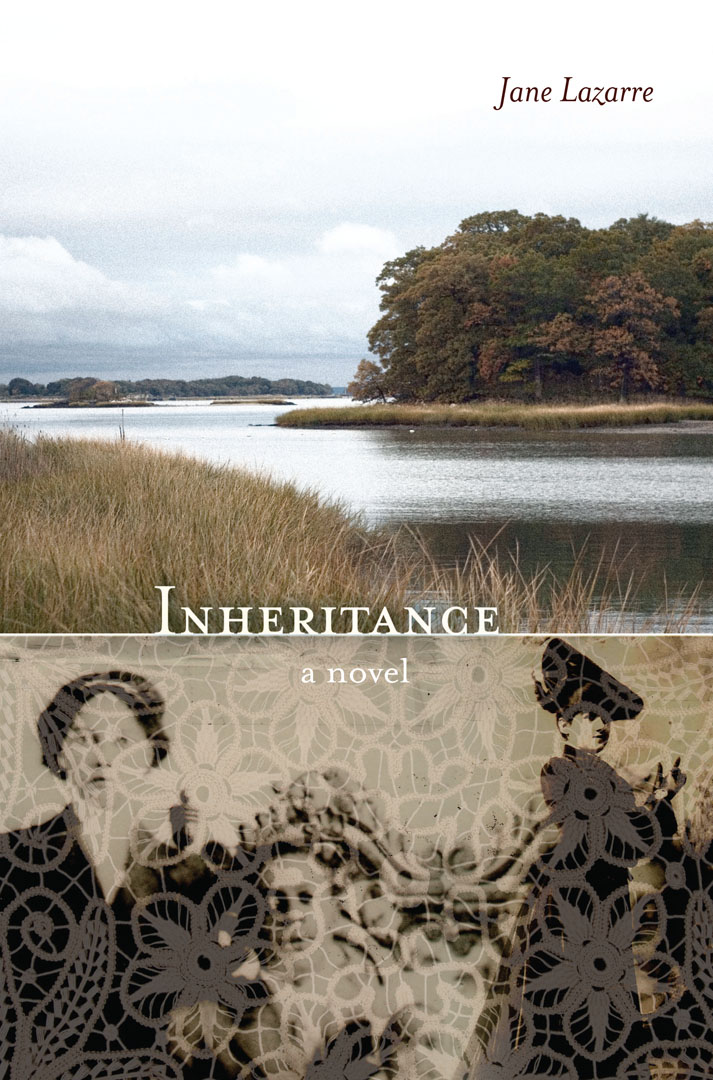Charles W. Chesnutt: Stories, Novels, and EssaysPosted in Books, Media Archive, Novels, Passing, United States on 2012-02-19 00:22Z by Steven |
Charles W. Chesnutt: Stories, Novels, and Essays
The Library of America
2002
939 pages
8.1 x 5.3 x 1.3 inches
Hardcover ISBN-10: 1931082065; ISBN-13: 978-1931082068
Edited by
Werner Sollors, Henry B. and Anne M. Cabot Professor of English and African-American Studies
Harvard University
Before Langston Hughes and Zora Neale Hurston, before James Weldon Johnson and James Baldwin, Charles W. Chesnutt broke new ground in American literature with his innovative exploration of racial identity and his use of African American speech and folklore. Rejecting his era’s genteel hypocrisy about miscegenation, lynching, and “passing,” Chesnutt laid bare the deep contradictions at the heart of American attitudes toward race and history, and in the process created the modern African American novel. The Library of America presents the best of Chesnutt’s fiction and nonfiction in the largest and most comprehensive edition ever published, featuring a newly researched chronology of the writer’s life.
The Conjure Woman (1899) introduced Chesnutt to the public as a writer of “conjure” tales that explore black folklore and supernaturalism. In such stories as “The Goophered Grapevine” and “The Conjurer’s Revenge,” the storyteller Uncle Julius reveals a world of fantastic powers and occult influence. That same year, Chesnutt published The Wife of His Youth, and Other Stories of the Color Line, a collection set in his native North Carolina that examines the legacies of slavery and Reconstruction at the turn of the century.
His first novel, The House Behind the Cedars (1900) dramatizes the emotional turmoil and inevitable conflicts brought on racial passing. Through the agonizing fate of Rena Walden, a beautiful woman in search of her own identity, Chesnutt exposes the destructive consequences of the legal and social fictions surrounding race in the post-bellum South.
The Marrow of Tradition (1901), Chesnutt’s masterpiece, is a powerful and bitter novel about the harsh reassertion of white dominance in a Southern town. Based on the 1898 massacre in Wilmington, North Carolina, the book reveals the political underpinnings of the emerging segregationist status quo through the story of two secretly related families, one black, one white. Neglected in its own time, The Marrow of Tradition has been recognized increasingly as a unique and multilayered depiction of the hidden dynamics of a society giving way to violence.
Nine uncollected short stories, including all the Uncle Julius tales omitted from The Conjure Woman, round out the volume’s fiction. A selection of essays, mixing forceful legal argument and political passion, highlight Chesnutt’s prescient views on the paradoxes and future prospects of race relations in American and the definition of race itself. Also included is the revealing autobiographical essay written late in his life, “Post-Bellum—Pre-Harlem.”
Table of Contents
- The Conjure Woman [1899]
- The Goophered Grapevine
- Po’ Sandy
- Mars Jeems’s Nightmare
- The Conjurer’s Revenge
- Sis’ Becky’s Pickaninny
- The Gray Wolf’s Ha’nt
- Hot-Foot Hannibal
- The Wife of His Youth and Other Stories of the Color Line [1899]
- The Wife of His Youth
- Her Virginia Mammy
- The Sheriff’s Children
- A Matter of Principle
- Cicely’s Dream
- The Passing of Grandison
- Uncle Wellington’s Wives
- The Bouquet
- The Web of Circumstance
- The House Behind the Cedars [1900]
- The Marrow of Tradition [1901]
- Uncollected Stories
- Dave’s Neckliss [1889]
- A Deep Sleeper [1893]
- Lonesome Ben [1900]
- The Dumb Witness [ca. 1900]
- The March of Progress [1901]
- Baxter’s Procrustes [1904]
- The Doll [1912]
- White Weeds
- The Kiss
- Selected Essays
- What is a White Man [1889]
- The Future American [1900]
- Superstitions and Folk-Lore of the Modern South [1901]
- Charles W. Chesnutt’s Own View of His New Story, The Marrow of Tradition [1901]
- The Disfranchisement of the Negro [1903]
- The Courts and the Negro [1908]
- Post-Bellum-Pre-Harlem [1931]










